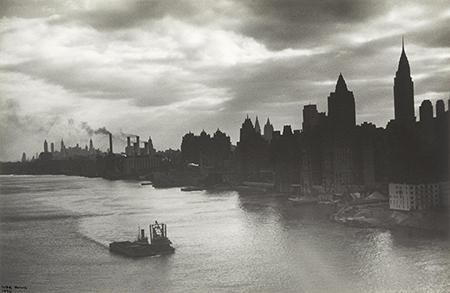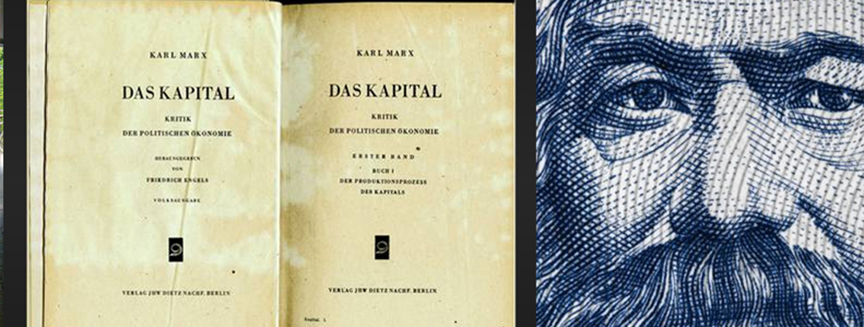Week of Events
Matters of State: Literature & Espionage
Matters of State: Literature & Espionage
WHY SPY NOVELS? Spy novels emerged as a distinct genre around the time of World War I, coinciding with the creation of formal intelligence agencies in many countries. This was a period characterized by heightened concern on the part of rulers about national security, imperial strength, and the impending conflict of the Great War. Spy novels from the early twentieth century reflect these concerns, and generally feature secret agents and seemingly realistic tales of international intrigue. With the rise of fascism, spy novels shifted their focus to examine the dynamics of political movements within individual states, assessing their threats to the stability of the international political order. In these stories, the anxiety over the powerlessness of the individual is assuaged by the resourcefulness and ultimate success of exceptional or lucky individuals in confronting such harrowing problems as war, nuclear proliferation, and terrorism.
New York City and the Experience of Modernity
New York City and the Experience of Modernity
This is a seminar about New York City and its people. It is not a study of architectural styles and objects, - although the physical stuff of cities does play a role -, but it is a course about the experience of the way in which modernity builds and destroys cities.
Modernity is a historical force. It is messy. In architecture history modernity is usually narrated as an interplay between the combined forces of the Industrial Revolution and capital, with social upheaval, explosive population growth and immigration as its result...
Capital, Volume 1, Part 3
Capital, Volume 1, Part 3
Chapters 16 through 25, will trace this development and reveals new dynamics and contradictions inherent to the logic of capitalist accumulation, culminating in Chapter 25, The General Law of Capitalist Accumulation. These developmental processes continue to be played out to this day and are witnessed in the immensity of wealth for a few at one pole of humanity, poverty at another, ruthless misuse and degradation of nature, and reduction of the human subject, the producing masses of real individuals, to an alienated object for capitalist exploitation.



